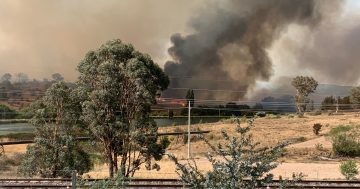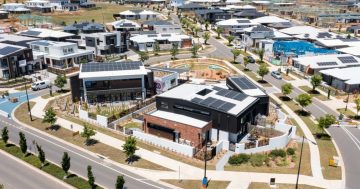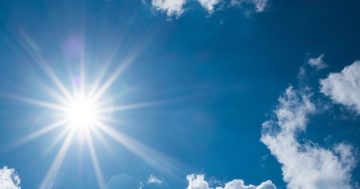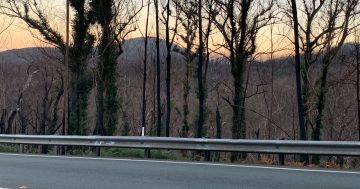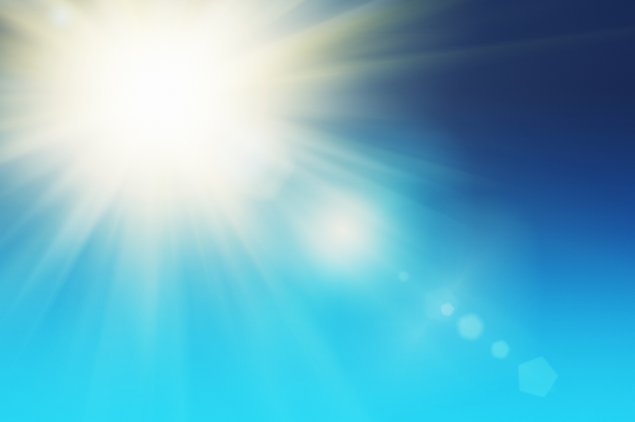
Heat stress and heat stroke are no joke. A 2014 study found that since 1900, they have been responsible for more natural, non-disease related deaths than any other cause, including floods, cyclones, bushfires, and storms combined. Twice as many people died from heat stroke during the period of 2009 Black Saturday fires than from the bushfires themselves.
The people most at risk from heat stress are those least able to look after themselves, including the elderly, babies, mentally unwell, and the poor. While public education, fewer outdoor jobs, changes in behaviour, greater freedom of dress, and improvements in home cooling have mitigated the number of recent cases, these are expected to rise in coming decades with an aging population and greater numbers of extreme heat days every year due to climate change.
Houses are too often designed with the presumption of air conditioning (active cooling) instead of better architectural design and use of insulation and heat sinks (passive cooling). Where buildings assume a working air conditioner, people are particularly vulnerable to heat stress in the event of power failure. Education is also a major factor in survival. The 2003 European heat wave saw up to 7 days over 40 degrees Celsius in some areas. Such an unusual event in the normally mild French climate led to 11,000 deaths in that country alone. Many of these deaths were attributed to a lack of preparedness and understanding. An odd quirk of this heatwave was that the weakest group of older people were far more likely to survive than older but healthy people. Access to medical care was a key factor in survival.
Heat stress can be a self-inflicted problem as well. Statistically, the most lethal day of the year for heat stress is the day after Australia Day, thought to be a lethal combination of having an outdoor barbeque or picnic on hot days combined with significant consumption of alcohol. The 2014 Australian Open tennis was notoriously tough on players and fans, with over 1000 people treated for heat exhaustion in the first few days of the tournament.
A few simple steps can keep you and your family safe from the risk of heat stroke:
(1) Avoid extremely hot environments such as the interior of a hot car, a tent on a hot day, or periods of direct exposure to the sun. Other preventative measures include:
- drinking lots of water, particularly before and during activity (avoid caffeine and alcohol)
- staying indoors or in the shade
- keeping air circulating and/or using air conditioning
- consider visiting an air conditioned environment such as a shopping centre or library
- avoiding physical activity and resting where possible
- wearing lightweight, loose clothing
- having a shower, bath, or sponge bath
- eating regular, light meals
(2) Know the symptoms of heat stress:
- adults commonly report headaches, dizziness, faintness, nausea and vomiting
- signs of heat stress in babies include restlessness, irritability, and a reduced number of wet nappies
Heat stress can be treated with rest and rehydration through slow sips of water.
(3) Call 000 if you are worried about symptoms of heat stroke. This is a medical emergency where body temperature rises above 40 degrees Celsius and core systems start to shut down. Symptoms include:
- hot and dry skin (except when caused by vigorous exercise)
- rapid breathing and heart beat
- headaches, nausea and vomiting
- confusion, agitation, slurred speech, irritability, and delirium
Try to cool the affected person while waiting for help by removing excess clothing and applying ice packs to the head, neck, armpits and groin.
Summer is a great time to have fun outdoors, but there’s more to it than just slip, slop, slap. Keep hydrated, stay cool, and keep your loved ones safe.
Kim Fischer is an ACT Labor candidate for the seat of Ginninderra in the 2016 ACT Legislative Assembly election.











